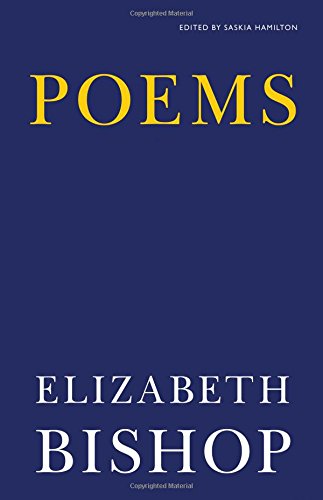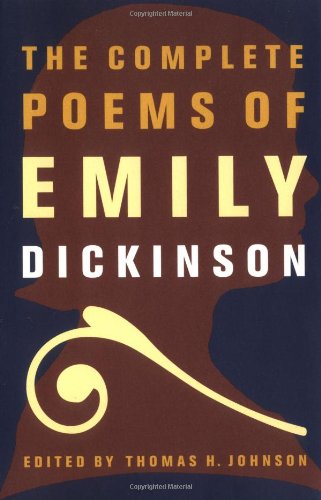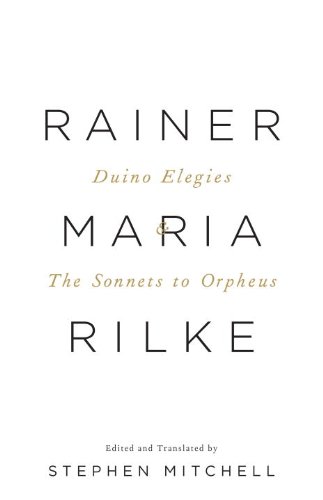Like all good Michigan honor students, I had a thorough grounding in Classics, very little of which I actually remember. But more importantly, I shared a department, albeit briefly, with Anne Carson, poet/novelist/translator/Classics prof. at the University of Michigan, which has drawn me to her translations over anyone else's, including all those I got to know in college. I was really delighted to find her new translation of Sappho's fragments, something I read as a freshman but never really took the time to enjoy.
There is an inherent flaw to reading them now -- they were intended as recitations, not written poems, first of all, and they exist in very small fragments, which means we're only able to read a tiny portion of Sappho's work. All the same, there is such an obvious elegance to what remains that despite something getting lost in translation, it still yields such riches. I think this is quite possibly the most rewarding volume of poetry I've read this year, and serves as a reminder of why I set out to read more in the first place








